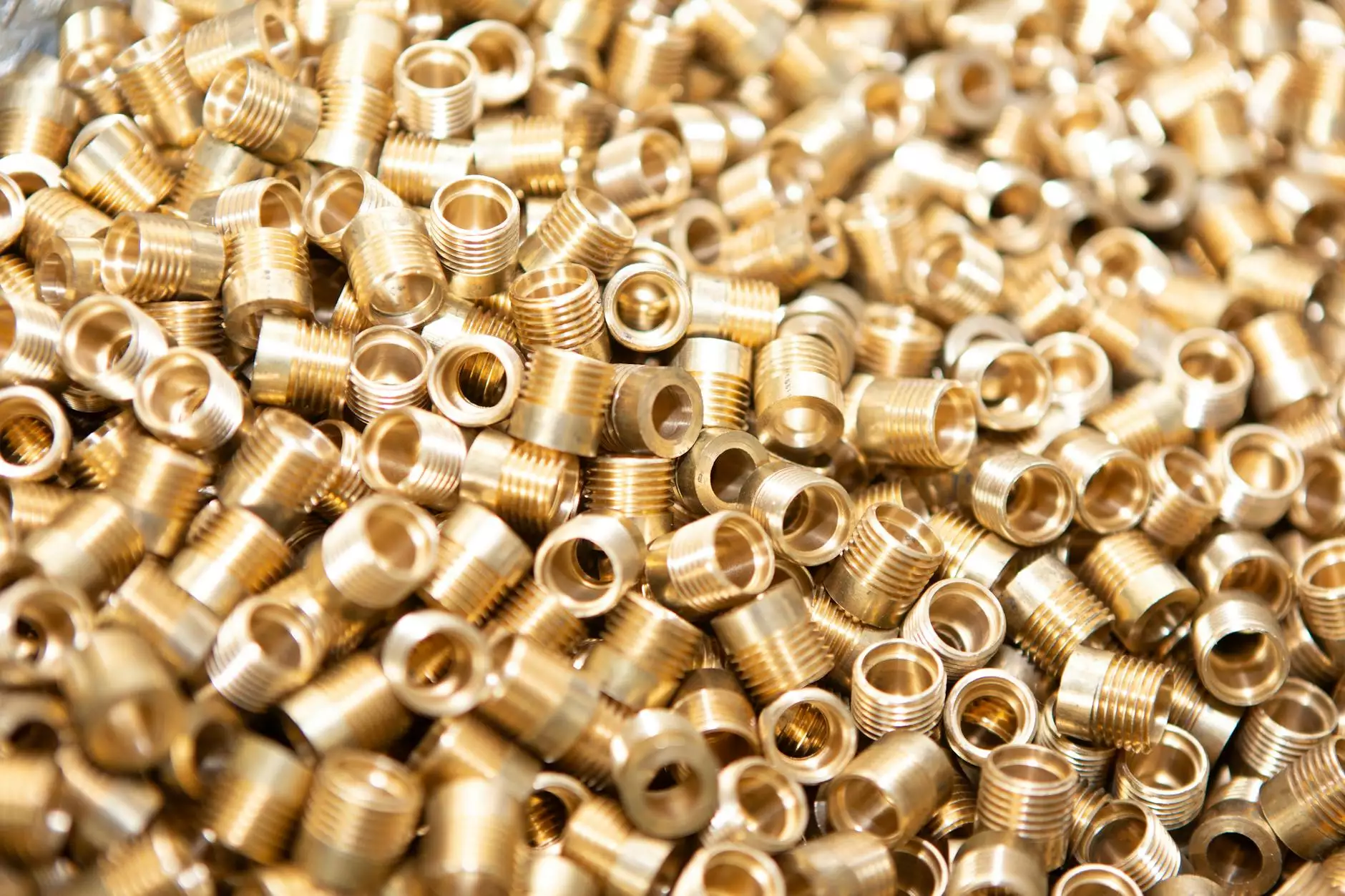Understanding the Cost of Dental Crowns: A Comprehensive Guide

Dental crowns have become a vital component in modern dentistry, offering solutions for various dental issues. When considering a dental crown, one of the most pressing questions for patients is the cost of dental crowns. This extensive guide will delve into the intricacies of dental crowns, the factors affecting their cost, the different types available, and the overall benefits they provide.
What are Dental Crowns?
A dental crown is a type of dental restoration that completely encases the visible portion of a tooth. Crowns are used to restore a tooth’s shape, size, and strength, as well as improve its appearance. They are often recommended in cases of:
- Severe decay: When a tooth has extensive decay that cannot be restored with a filling.
- Cracked or broken teeth: Crowns can provide structural integrity to damaged teeth.
- After root canal therapy: To protect and restore strength to the tooth.
- Cosmetic enhancements: To improve the color and shape of teeth.
Types of Dental Crowns
The cost of dental crowns can greatly vary depending on the type selected. Here are the most common types of dental crowns:
1. Ceramics/Ceramic Porcelain Crowns
Ceramic crowns are an excellent option for front teeth due to their ability to match the natural color of teeth. They are durable and provide a high level of aesthetic appeal.
2. Porcelain-Fused-to-Metal Crowns
These crowns combine the strength of metal with the aesthetic qualities of porcelain. They are suitable for both front and back teeth.
3. Gold and Metal Crowns
Gold crowns are known for their durability and resistance to wear. While they do not match the natural color of teeth, they are often chosen for their longevity and strength.
4. Zirconia Crowns
Zirconia crowns boast durability and aesthetic appeal, making them a popular choice. They can be made to match the natural tooth color, making them ideal for visible teeth.
Factors Influencing the Cost of Dental Crowns
The cost of dental crowns can differ significantly based on several factors. Understanding these variables can help you make informed decisions and budget appropriately for your dental care needs. Here are the primary factors influencing cost:
- Type of Crown: As mentioned earlier, the material used for the crown significantly affects its price. Porcelain crowns are typically more expensive than metal crowns due to the material and aesthetic qualities.
- Laboratory Fees: Costs associated with the laboratory that fabricates the crown can add to the overall price. High-quality materials and advanced technology may lead to higher fees.
- Region: The location of the dental practice can also influence costs. Urban areas may have higher prices compared to rural locations.
- Dentist’s Experience: The expertise and reputation of the dentist performing the procedure can lead to variations in price. Highly skilled dentists may charge more for their services.
- Additional Procedures: Sometimes, additional treatments may be required before placing a crown, such as a root canal or tooth extraction. These procedures will increase the overall cost.
Average Cost of Dental Crowns
On average, the cost of dental crowns ranges from $800 to $2,500 per crown, depending on the factors outlined above. Here’s a brief breakdown:
- Ceramic crowns: $800 to $2,000
- Porcelain-fused-to-metal crowns: $900 to $1,500
- Gold crowns: $1,000 to $2,500
- Zirconia crowns: $1,000 to $2,200
Insurance and Dental Crowns
Many dental insurance plans cover a portion of the cost of dental crowns, but coverage can vary significantly. Here are key points to consider:
- Coverage Levels: Most plans may cover 50% to 80% of the cost, leaving patients responsible for the remaining balance.
- In-Network vs. Out-of-Network: Visiting an in-network dentist can reduce out-of-pocket expenses, as insurance companies often negotiate lower fees with network providers.
- Annual Limits: Check your plan's annual limits, as some may cap the maximum amount covered per year.
Payment Options for Dental Crowns
Considering the significant investment involved, many dental practices offer various payment options to help patients afford necessary treatments:
- Payment Plans: Some dental offices provide in-house financing or payment plans, allowing you to spread the cost over several months.
- Health Savings Accounts (HSAs): If you have an HSA, you can use your pre-tax dollars to pay for dental crowns.
- Credit Financing: Options like CareCredit allow patients to finance their dental expenses with manageable monthly payments.
Benefits of Dental Crowns
Aside from addressing specific dental concerns, dental crowns offer several benefits that enhance oral health and overall well-being:
- Improved Functionality: Crowns restore the shape and bite of a tooth, allowing for improved chewing and speaking.
- Protection: They protect weakened teeth from further damage and support remaining dental structures.
- Aesthetic Enhancement: Crowns can significantly improve the appearance of teeth, boosting confidence and self-esteem.
- Long-Lasting: With proper care, dental crowns can last for many years, offering good value over time.
Caring for Your Dental Crowns
To ensure the longevity of your dental crowns and maximize their benefits, proper care is essential. Here are some tips for maintaining your crowns:
- Maintain Good Oral Hygiene: Brush and floss regularly to prevent decay around the crown.
- Regular Dental Check-Ups: Schedule regular visits with your dentist to monitor the condition of your crowns and overall dental health.
- Avoid Hard Foods: While dental crowns are durable, avoiding excessively hard foods can prevent chipping or damage.
- Wear a Mouthguard: If you grind your teeth at night, wearing a mouthguard can protect your crowns from wear.
Conclusion
The cost of dental crowns can vary widely based on factors such as type, location, and associated procedures. Understanding these elements can empower patients to make informed decisions regarding their oral health. By investing in dental crowns, individuals not only restore the functionality of their teeth but also garner aesthetic benefits that enhance their confidence. With the right care, dental crowns can last for many years, representing a worthwhile investment in dental health.
For more information about dental crowns and to explore our exceptional dental services at Wupdoc, do not hesitate to reach out for a consultation today!









